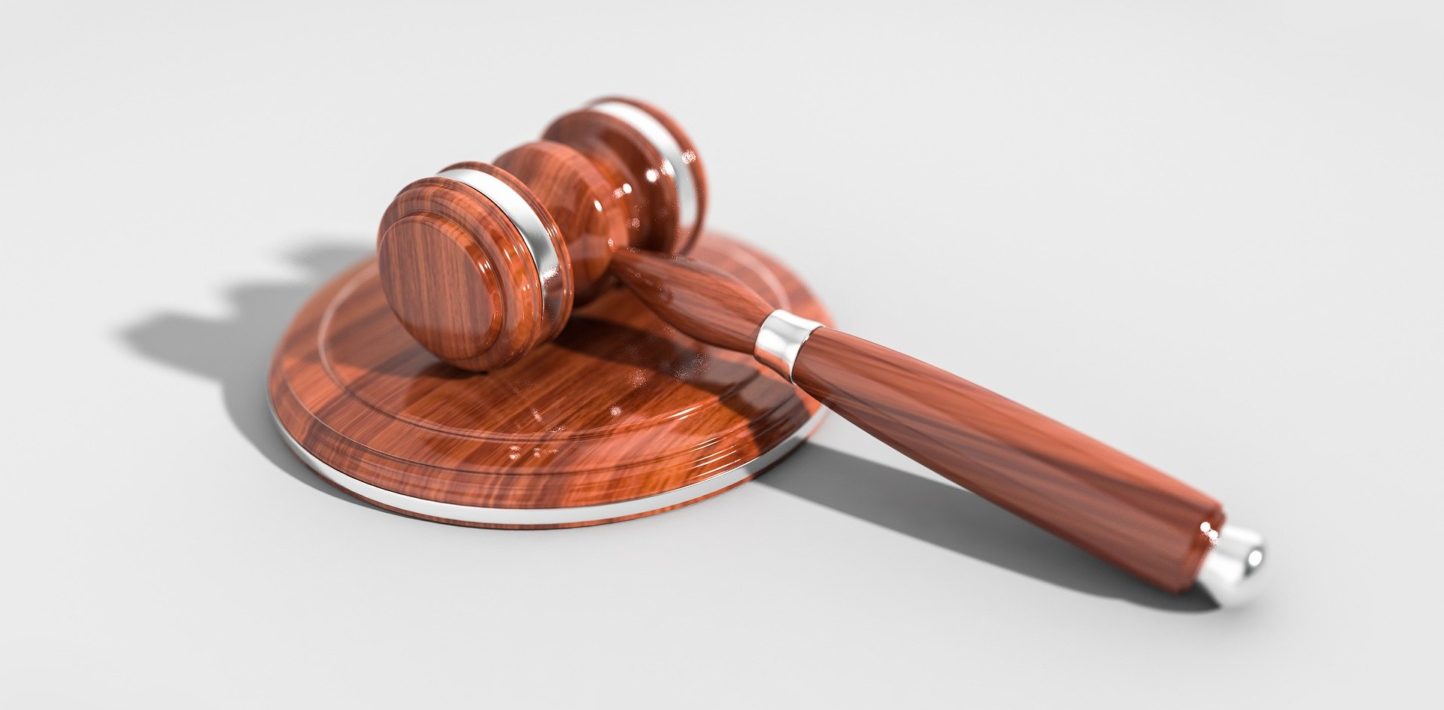Responding to the ruling by the Jakarta Administrative District Court stating that the Indonesian President and the Indonesian Information and Communication Minister are responsible of ordering an unlawful internet blackout in Papua and West Papua, Amnesty International Indonesia Executive Director Usman Hamid said:
“We welcome the ruling by the judges that will contribute to the protection of the right to freedom of expression. Although the ruling is only a small step towards justice for human rights abuses in Papua, at least it is a step in the right direction.
“The ruling is a rare victory for Papuans who were subjected to an arbitrary and unlawful internet blackout – only the latest in a litany of abuses they face at the hands of the Indonesian authorities.
“In light of this ruling, the President and the Minister must pay careful attention to the ruling and take all necessary measures to ensure that these human rights violations do not happen again.
“People in Papua have long faced human rights violations and live in a context of discrimination and militarization. We urge the authorities to lead the way to end these abusive practices and ensure that everyone in Papua can exercise their rights freely and without fear of reprisals. This should include the immediate and unconditional release of all prisoners of conscience from Papua and Maluku who are currently detained solely for attending peaceful rallies.”
Background
The panel of judges on 3 June 2020 ruled that the internet blockage and bandwidth throttling in Papua and West Papua in August and September 2019 – following widespread protests prompted by anti-Papuan racial abuse – violated the law.
The blackout was ordered by the President and Information and Communication Minister. According to the judges, the blackout violated the Law Number 30 Year 2014 on Governance Administration and international human rights law and the court ordered both men to pay a fine of IDR 457,000 (US$32).
The lawsuit was filed by several NGOs, including the Alliance of Independent Journalists (AJI) and the Southeast Asia Freedom of Expression Network (SAFEnet), who were of the opinions that the blackout was flawed in authority, substance and procedure.
Amnesty International considered the blackout to be a violation of the right to freedom of expression in Papua and West Papua.
Article 19 of the International Covenant on Civil and Political Rights (ICCPR) protects the freedom to “seek, receive and impart information and ideas of all kinds.” Although this right is subject to specific restrictions, such restrictions are only acceptable in limited circumstances where it is necessary and proportionate to a legitimate aim.
The Siracusa Principles on the Limitation and Derogation of Provisions in the ICCPR, an expert interpretation of the ICCPR, provide further guidance on when and how restrictions to human rights may be justified, including: 1) no limitation to the rights recognized by the ICCPR shall be discriminatory; 2) any limitations must respond to a pressing public or social need, pursue a legitimate aim, and be proportional to that aim; 3) states should use no more restrictive means than required for the achievement of the purpose of the limitation; 4) the burden of justifying a limitation upon a right guaranteed under the ICCPR lies with the state; and 5) every limitation imposed shall be subject to the possibility of a challenge to and remedy against its abusive application.

